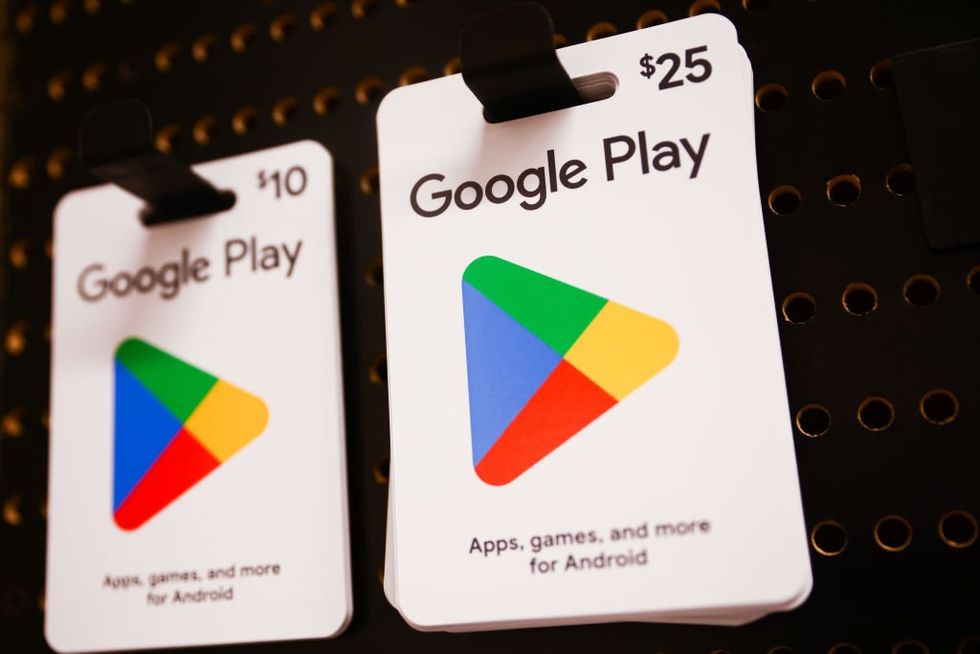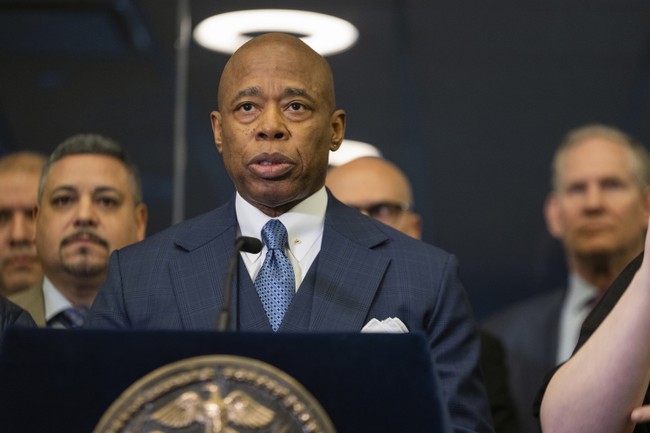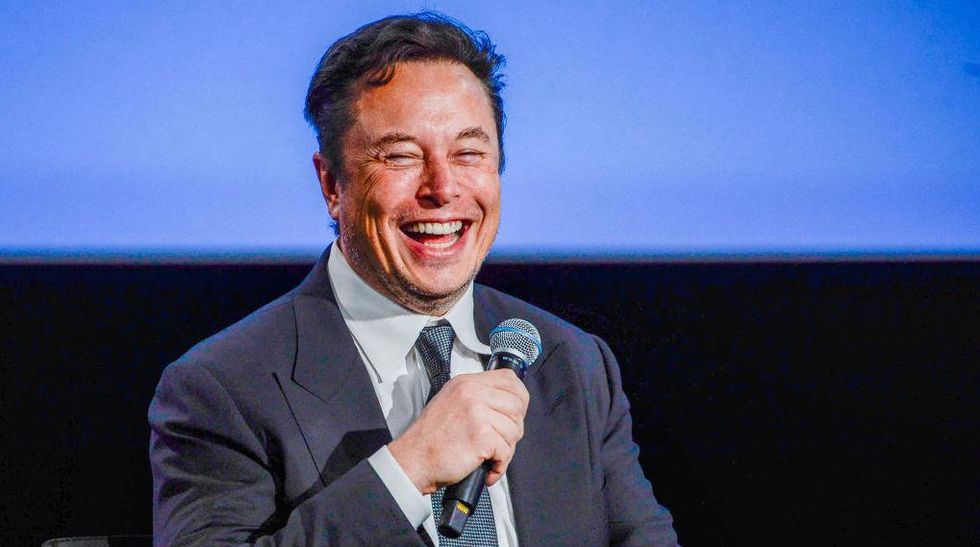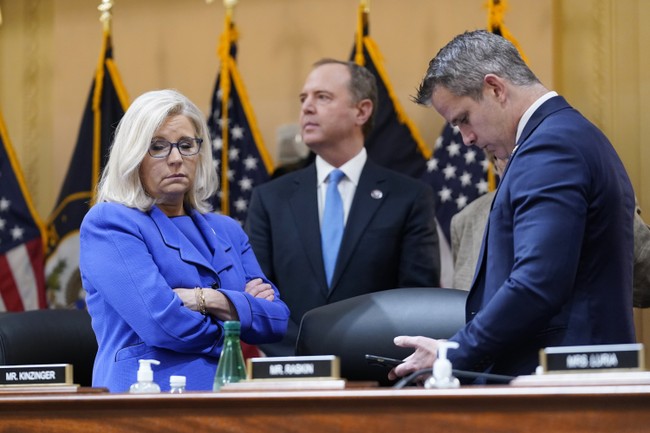Judge rules Google’s Play store is an illegal monopoly, orders sweeping changes

A district judge declared Google’s Android app store an illegal monopoly, and the company must now make a bevy of changes to comply with the law.
Judge James Donato issued a ruling in Epic v. Google. Epic operates its own app store, the Epic Games Store, which has been cordoned off from Google’s Play Store on Android devices.
The judge ruled that Google will be required to distribute other third-party app stores within its own app store and allow the other app stores to access its catalogue of programs. Developers can still opt out of any store they please, of course.
Perhaps the biggest portion of the ruling is that developers will no longer have to pay Google the 30% app tax. Gone is the requirement for developers to solely use Google Play Billing, which saw a 30% commission on the sale of paid apps and in-app purchases, including subscriptions.
For a term of three years from November 2024 to 2027, Google will also be required to let Android developers tell users about alternative payment methods, provide download links outside of the Play Store, and set their own prices for apps.
‘The provisions are designed to level the playing field.’
At the same time, Google will be restricted from influencing phone carriers, developers, and other distributors through monetary compensation or perks.
According to the Verge, Google will be prohibited from sharing app revenue “with any person or entity that distributes Android apps” or with any entity that plans to launch an app store or platform.
Google also must not offer developers money or perks to launch their apps exclusively (or first) on the Play Store, and they also cannot offer money or perks to developers to not launch their apps on rival stores.
Device makers and carriers cannot receive money or perks for preinstalling the Google Play Store on their devices or purposely not preinstalling rival stores on devices.
The judge agreed that Google had developed so many deals with developers, carriers, and device manufacturers that it was nearly impossible for another store to flourish. Therefore, it is fair to assume that the aforementioned restrictions are in place to prevent the deals Google engaged in.
The three-year term was decided based on plaintiff Epic’s request for six years, along with other unmet demands, such as sideloading apps in the store.
The judge justified his three-year term as a window for other stores to grow:
“The provisions are designed to level the playing field for the entry and growth of rivals, without burdening Google excessively,” Judge Donato wrote. “As competition comes into play and the network effects that Google Play unfairly enjoys are abated, Google should not be unduly constrained as a competitor.”
Like Blaze News? Bypass the censors, sign up for our newsletters, and get stories like this direct to your inbox. Sign up here!









